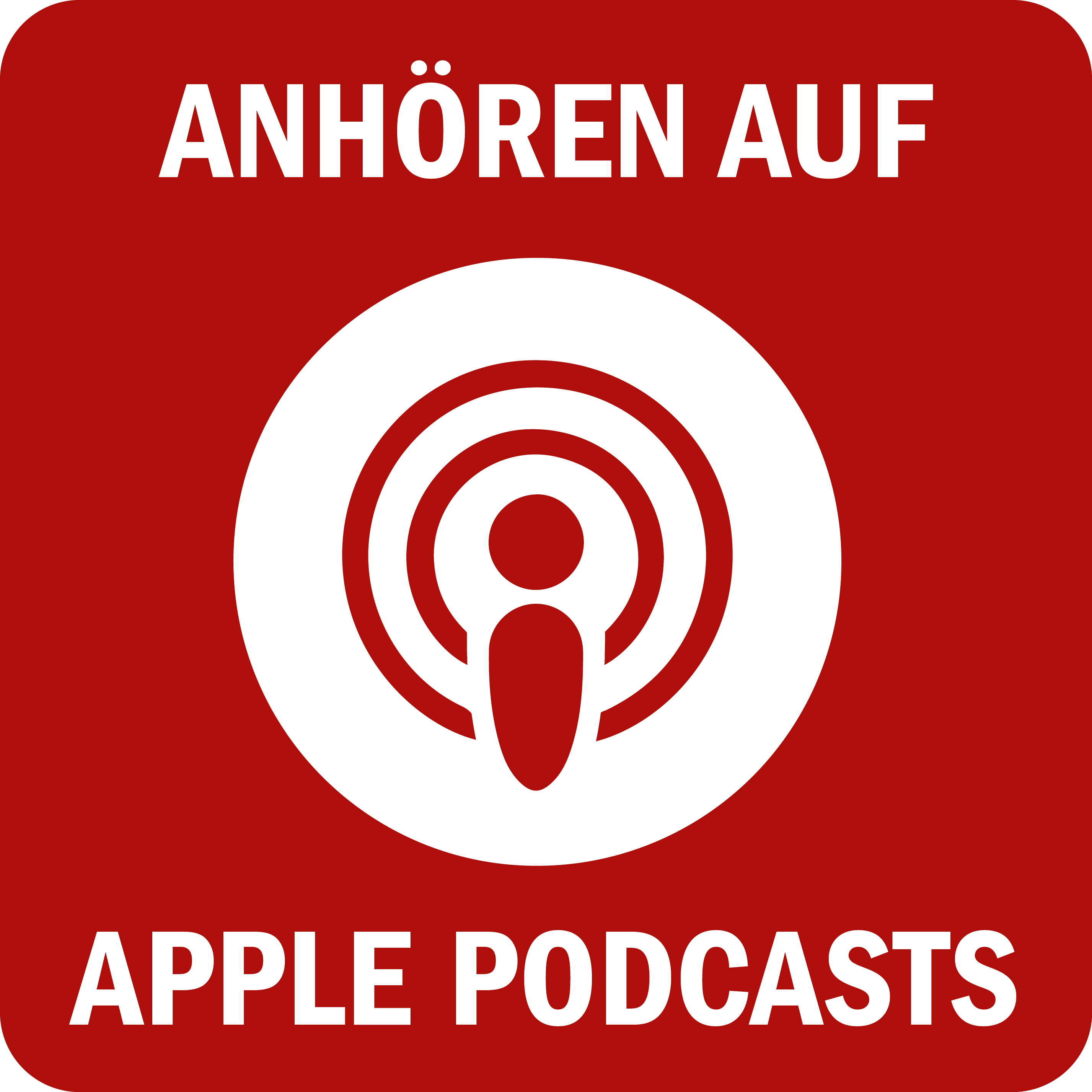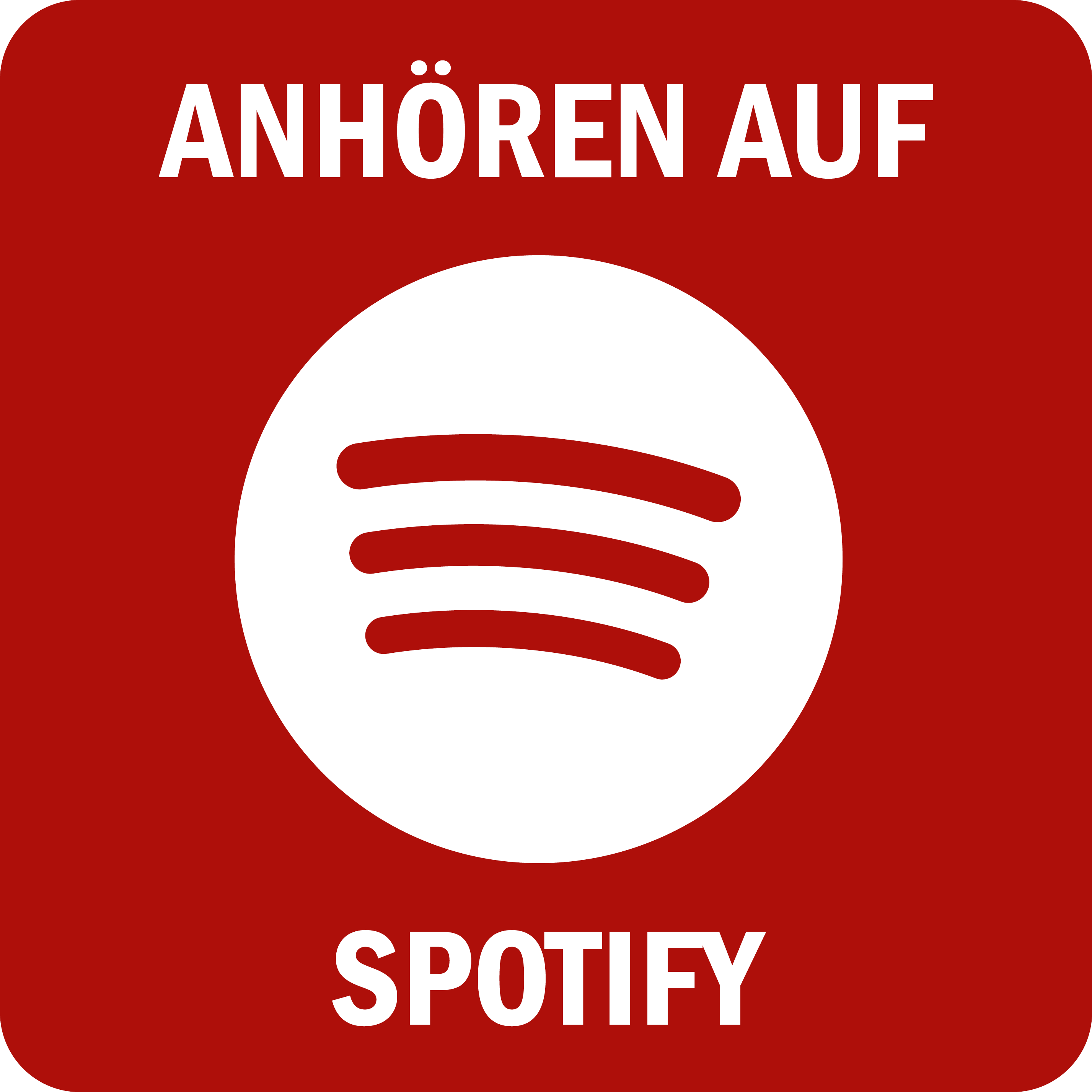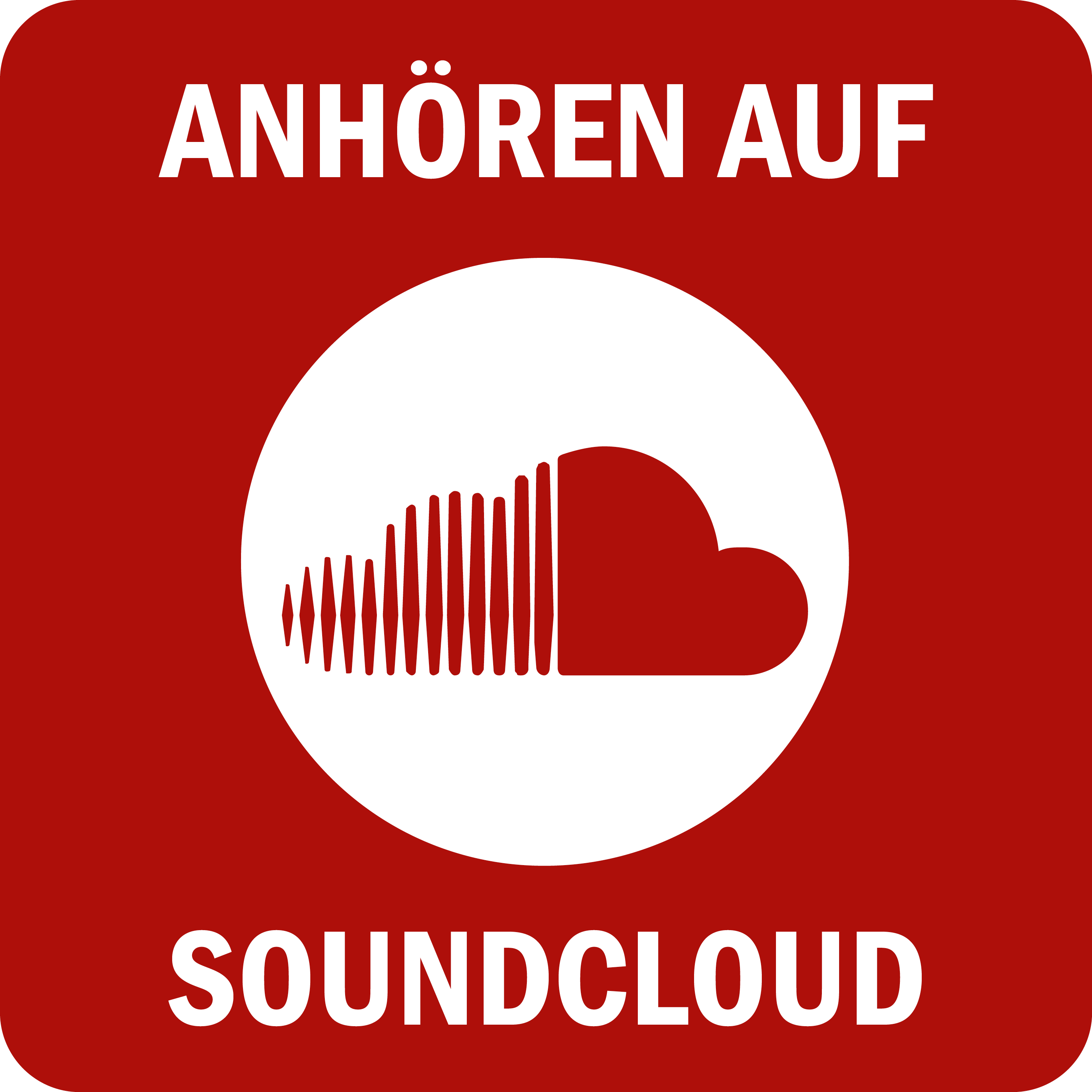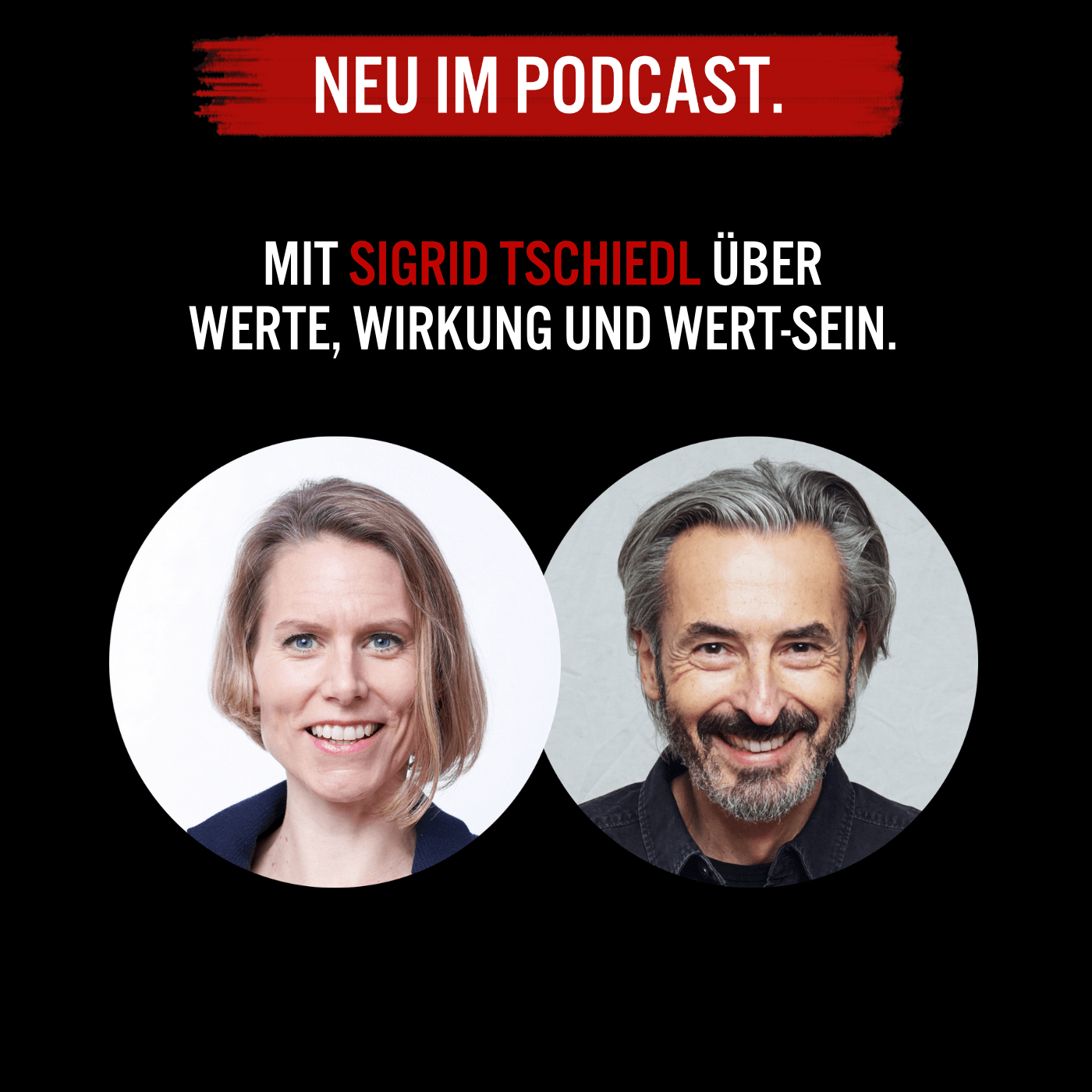Some things will probably remain a mystery to me forever. Life, for example. Or the world. That's where the mess starts. And everything else that happens, that's still to come.
In the past, yes, in the past, everything was much easier to understand, there was not nearly as much of everything. On the other hand, we generally understood much less back then. What else? There wasn't that much to understand yet.
TOO LAZY TO READ ON? THEN LISTEN TO ME:
In the blogcast, I read this recent blog article to you. With emphasis, of course!
Don't you feel the same way? Don't you constantly ask yourself: What is happening now, why is it happening now, and why is it always happening to me? Again? As always!?! And with increasing frequency the answer is: I don't know!
Don't even get me started on Corona, because who really knows Corona? That's where it starts. What do you mean, "starts"? That's where it all ends! The experts know their stuff? Yes, until another expert experts the opposite, so that the experts' beams bend. You don't have to wait long for that: opposite to go.
Aldous Huxley could not have dreamed that he would be so right, after decades, with his "overnewsed but underinformed".
It's all complicated.
In his government declaration in 1983, the then Austrian Federal Chancellor Fred Sinowatz said: "I already know, ladies and gentlemen, it is all very complicated, just like this world in which we live and act, and the society in which we want to develop. Let us therefore have the courage to point out this complexity more than before; to admit that there cannot be perfect solutions for everything and for everyone in a pluralistic democracy."
He was ridiculed for this until forever. "It's all so complicated" was taken out of context and pinned on him. Yet he was at least as right as Aldous Huxley, and God knows neither of them would have dreamed it.
Yes, the context. Yes, the context.
Something is simply torn out of context, and there we are with our simple answers to the wrong questions, and we're in trouble. It can happen that quickly.
But how do we get out of the salad we've got there and out of the whole mess?
What is the forest, what are the trees, and where are we? We don't know backwards and forwards, can't figure it out and therefore have only one way out: we are against it as a precaution. And whoever is for it, that is, not also against it, like us, is against us. It's as simple as that. An enemy image says more than a thousand words.
What to do?
In this context, one could fish "Brave new world" out of the bookshelf again and stick one's nose in it, if one feels like understanding what is happening now and why all this could, or might, happen. I've never spoken to Aldous Huxley, having only been on earth for a few months at a time, h but I suspected "Brave new world" was a lot like George Orwell's "1984": it was intended more as a warning than a guide to action. - Gosh, these writers and their imagination ...
It's all simple.
But that's why such stories came into the world: to explain the world to ourselves and to each other. Our world, our truth, our truths and what is behind what is important to us, behind our values.
"Every decision becomes easy when you know your values," said Roy Disney. But what are values, what do we only think they are, how do we find our values, how do they act as orientation for us, and what does being a value mean? I talked about this with Sigrid Tschiedl, the person most responsible for this. You can listen to us in my current podcast episode and read more about it in Sigrid's latest book.
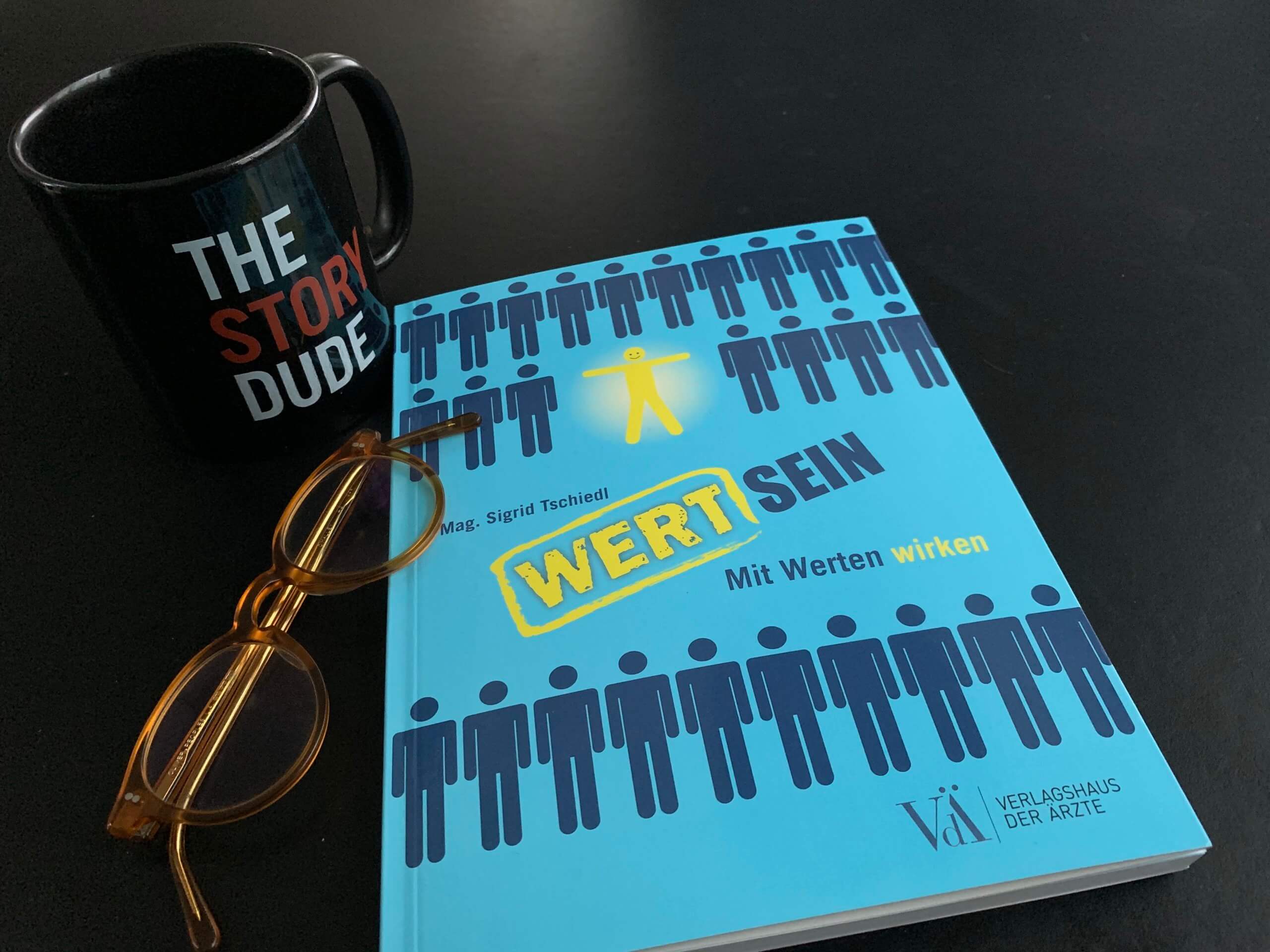
It's called "WertSEIN" (Being of Value), and anyone who reads it will polish off three books at once with one snap: "WertSEIN is a non-fiction book, a reference book and, above all, a do-it-yourself book, because it provides impetus, knowledge and practical tips all in one.
With our values as building blocks, we erect the fortress of our inner story, that which makes us stable and gives us support. This inner story of ours not only tells us about what happened, but why it happened from our perspective, or how it could have happened. Our inner story makes connections, tells of our truth and of our path to it: of our gain in knowledge and what we do with it and make of it. Whether we live our values - or not. This is true for each of us personally, and to the same extent for every company, for teams and companies, for our society.
Values are perfect navigation aids for orientation in the forest of possibilities, but taken out of context they are also basic ingredients for the mess we have. Because a value says more than a thousand words, and if we don't understand it in the same or similar way as other people, there is only one way out, lazy as we are. Guess what: be against it.
It's all connected.
The joint compound between our value building blocks is called context. The context hangs everything together and thus makes a new whole out of the individual parts, a whole new story. That's why our stories are just like we humans are: complex. And as complex - sometimes even complicated - it is to establish these connections, so is the reading and decoding of these stories. But it is necessary, because if we don't understand connections, we don't understand ourselves, we don't understand each other and we certainly don't understand the world. And already we are going at each other instead of towards each other. We don't understand and are against it, against each other.
Understanding something does not mean finding it good, but recognising the context. This is the only chance to rewrite the old story of our world, which in sum tells of delimitation, conquering, defeating, winning, outdoing, dominating and suppressing, of success = more and more = success, either/or, friend or foe. Because when we understand the connections, we understand that everything is connected and that we are all connected. Then we understand that this old story was so effective, efficient and successful, so to speak, for a long, long time that one could think it was right, but it had a flaw: it was wrong.
Because there are no two identical people on earth, there can naturally be no other people, but only diversity. Because everything is connected, there can naturally be no opposition. Being intolerant of oneself? - In medicine, this is called autoimmune disease.
There is still much to understand, much to learn, much to do.
It is precisely the connections that we have to decipher so that we can better understand the highly complex world again. Again and better. Or finally understand it.
We will not succeed with simplification and abbreviation. The slogans, simple solutions and quick answers that are being sold to us around the world by politicians wrapped in half-silk as promises of salvation are no good for this. It is not achieved by reducing complexity, but by decoding it.
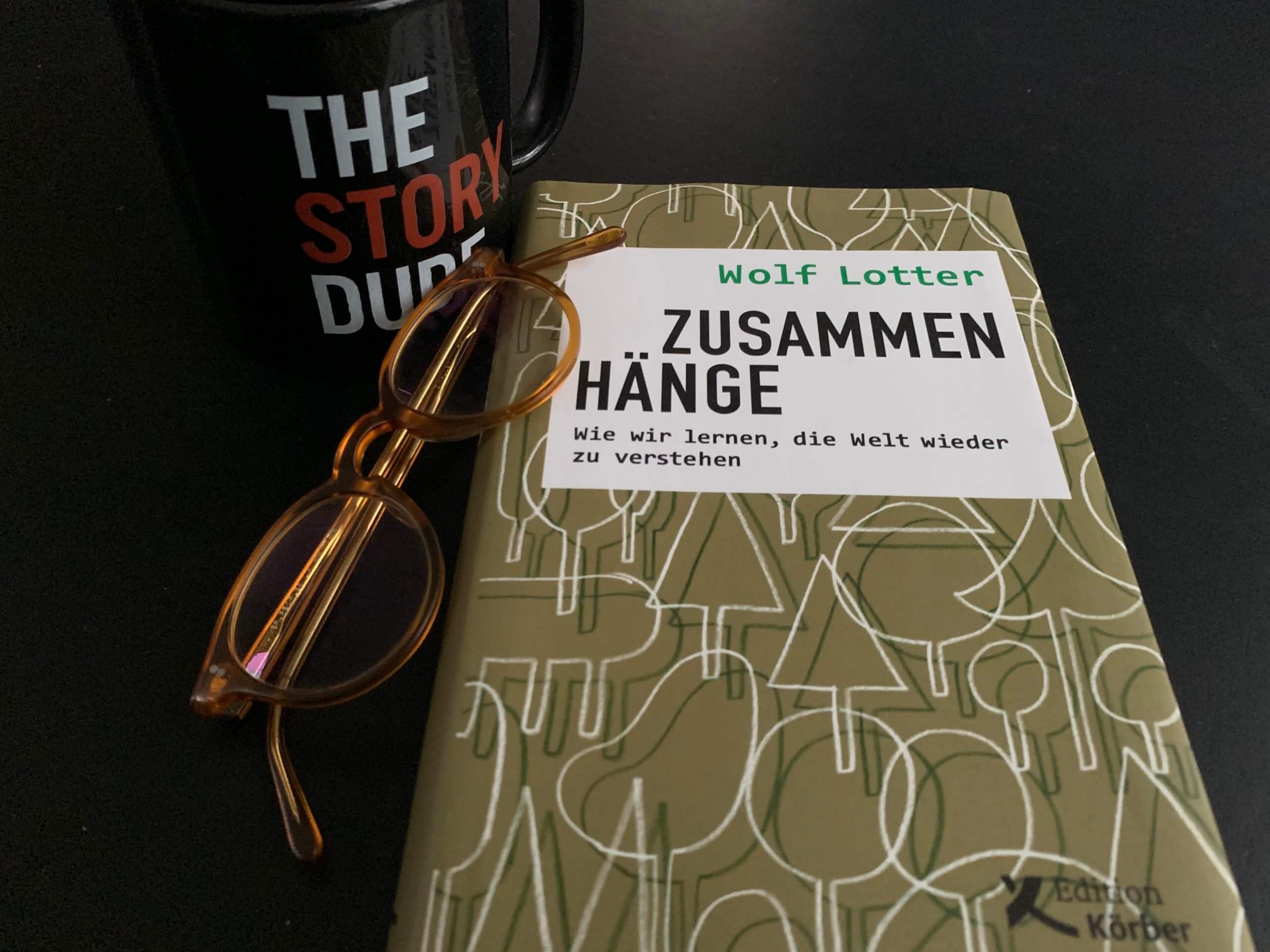
The famous Wolf Lotter has written a book about this that I highly recommend here: It's called "Interconnections: How We Learn to Understand the World Again "*.
Wolf Lotter - who, apart from books, also writes the leading article in brand einsof which he is a founding member - says: "In a world that is becoming more and more complex, we talk a lot about the knowledge society, but nobody really understands what is really meant by the networks of technology, the economy, culture or contemporary education. Not only do we lack insight, we hardly trust ourselves to have it. We have to say goodbye to blind faith in positions and instead invest in our own knowledge. We have to learn to understand complexity and to make connections. What emerges in this way are not intellectual constructs, but building blocks of social community." Wolf Lotter encourages a new self-confidence and consistent rethinking. This can be done by opening up contexts and opening ourselves up to contexts. "The knowledge society enables us to achieve what we long for, namely the possibility to distinguish ourselves without perceiving the world and others as the enemy. Everyone can be who they are, everyone can become what they want to be - and in that very diversity, connected to the world."
This is the kind of thing the good Wolf writes down in his book, which I also read in sum as a plea for a new humanism. At the end of "Zusammenhänge" he almost consistently quotes the poet, natural scientist and Enlightenment philosopher Georg Christoph Lichtenberg: "He could split one thought that everyone thought was simple into seven others like the prism splits the sunlight, one of which was always more beautiful than the other, and then once gather a multitude of others and produce sun whiteness where others saw nothing but colourful confusion."
Yes, that's a nice way to put it, and if I may choose, I think our world is newer and more beautiful if we get to read Lichtenberg's writings more often than we have to read Aldous Huxley's books. That's why I recommend - for the transition - to browse through "Contexts" by Wolf Lotter and to put your ear tips into my podcast. It's the perfect way to hear our conversation that he took the time to write. In fact, it's not only the perfect way, it's the only way. The best thing to do is to subscribe to my podcast in your favourite player, then you won't miss anything in the future.
Soon after we crawled out of the sea as a predecessor model of man, we began to explain the meaning of our existence to ourselves with stories of the most diverse form: with myths, legends, religions, tales of values, morals and virtue. In retrospect, we have used them to make sense of the interrelationships and to envision our future. And when things turned out differently, we told and shared new stories about them, and we will continue to do so in the future. So let us bring a new story into the world, a story of connectedness, because only that will secure our future.
That's what my grandmother, old Story Dudette, meant when she slipped Aldous Huxley a little note under the door of his writing room that read, "No Story. No Glory."
The link to Amazon is intended as a service for snooping around and for when you want to feed your Kindle right away. Every bookseller is happy about your purchase and will get you any book in no time.

